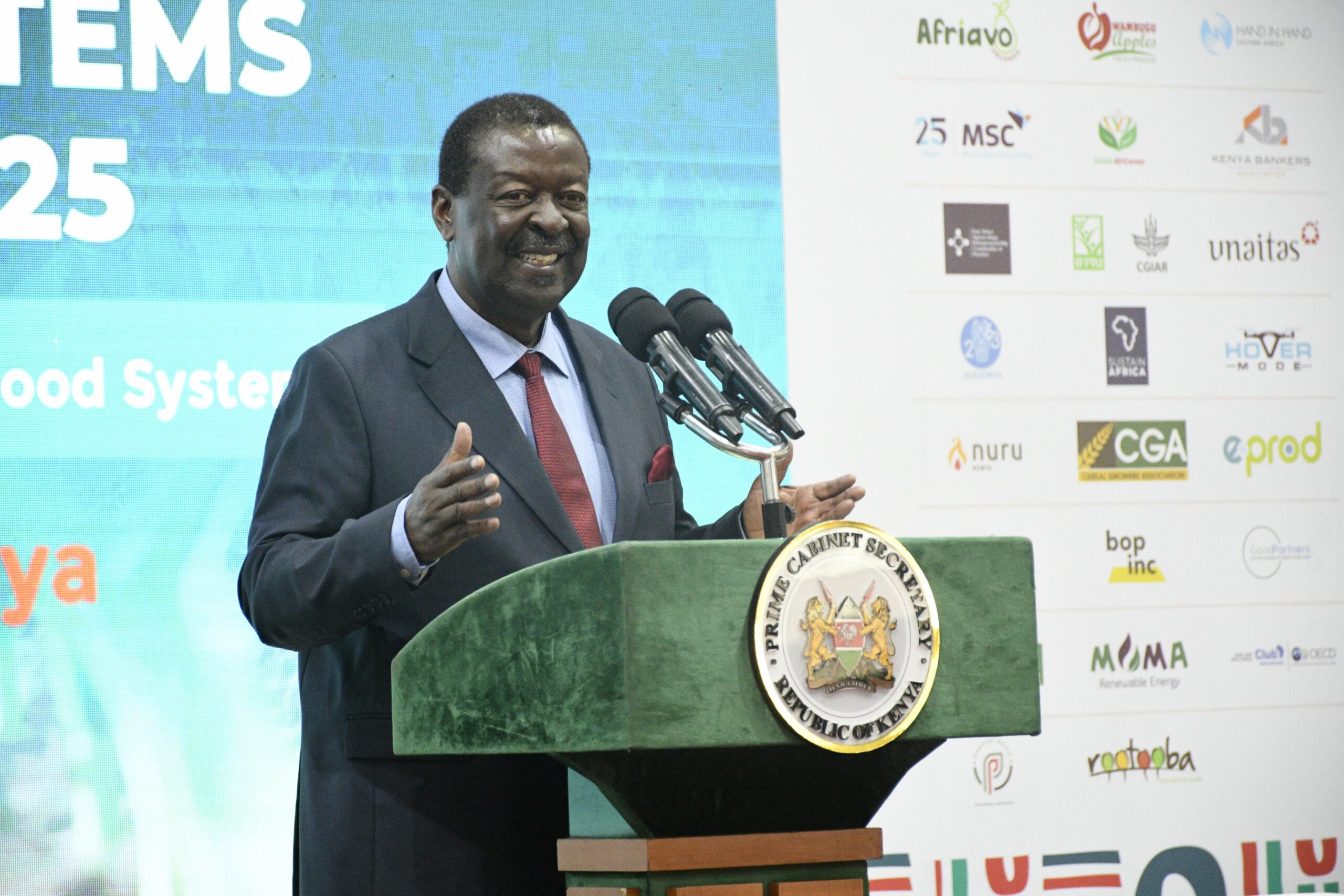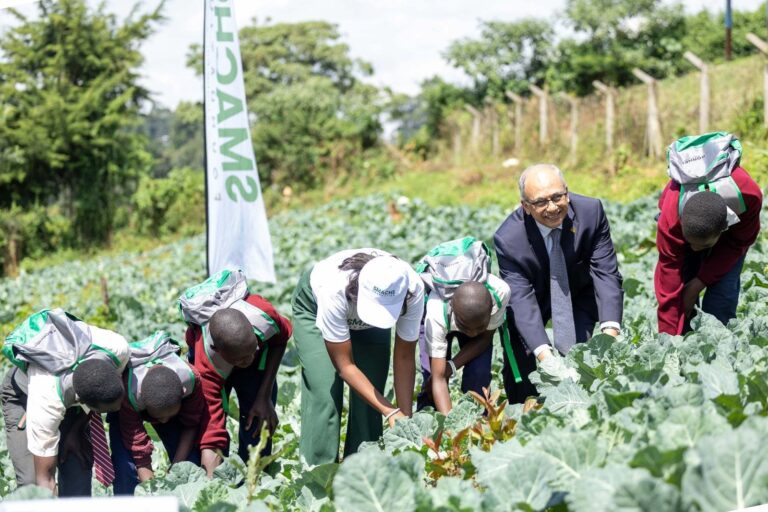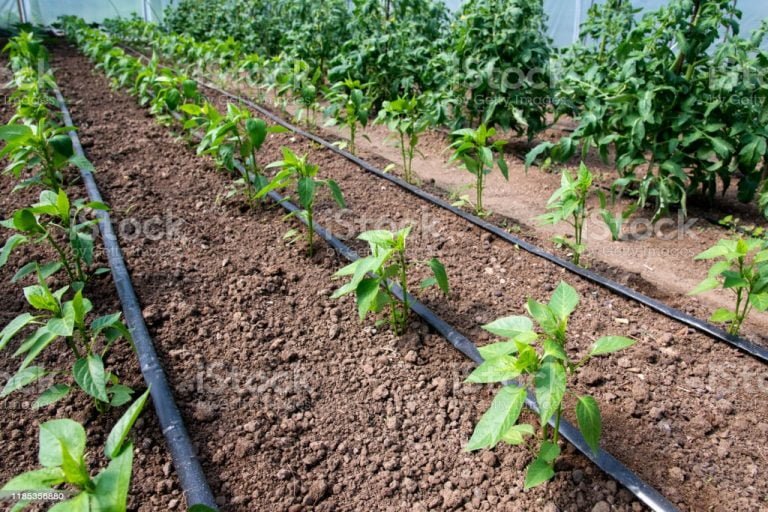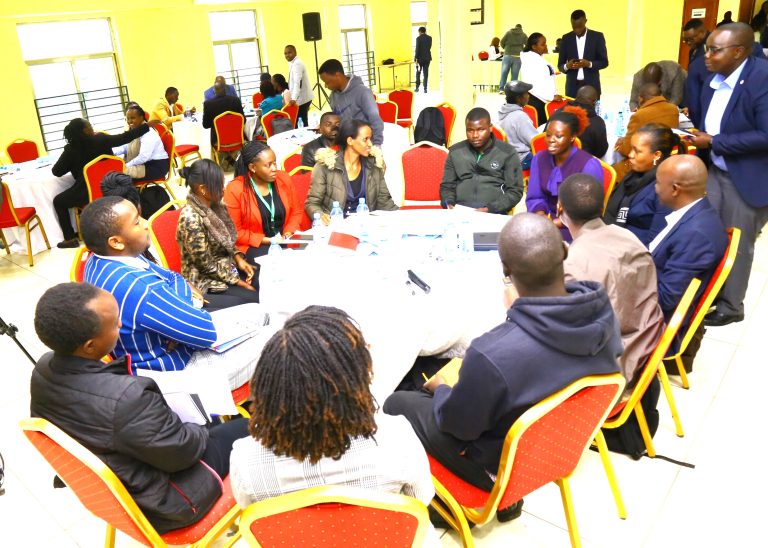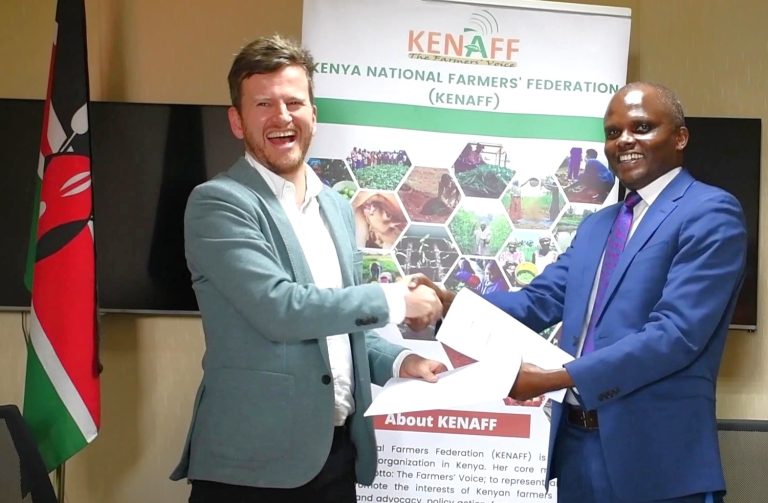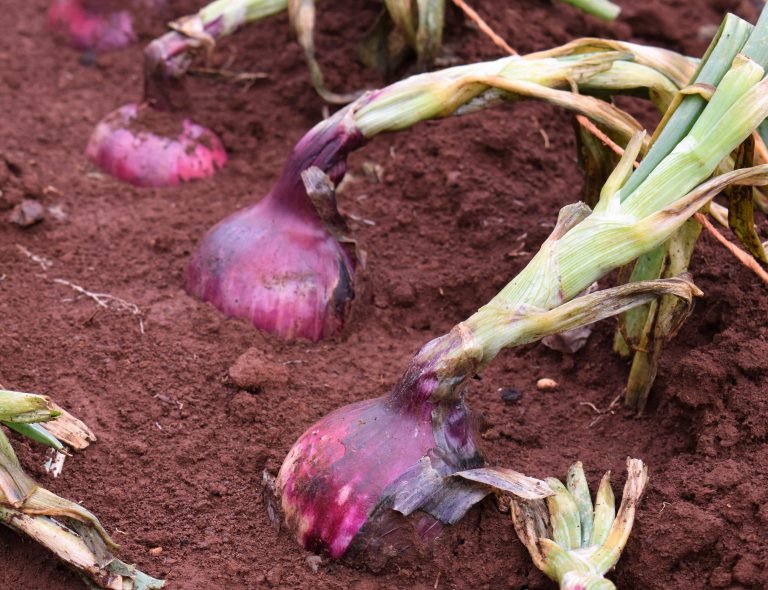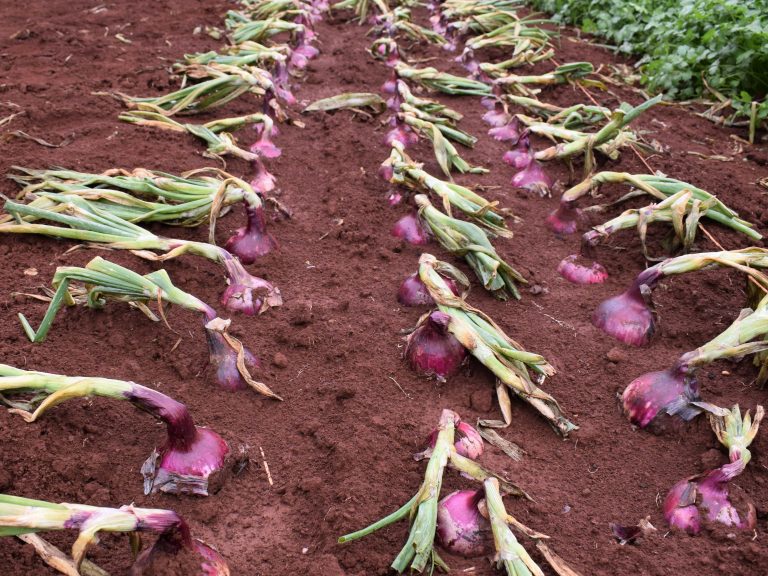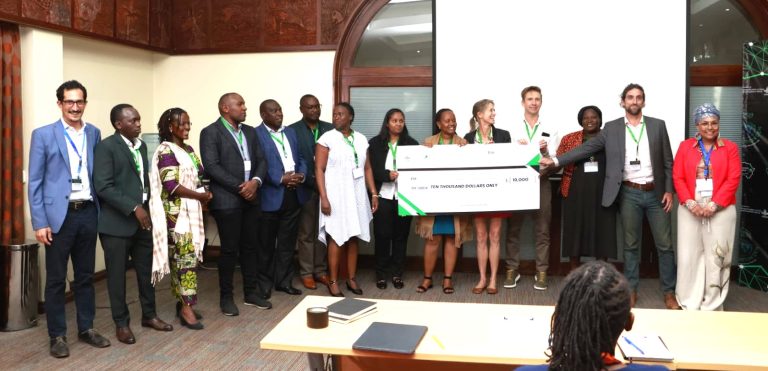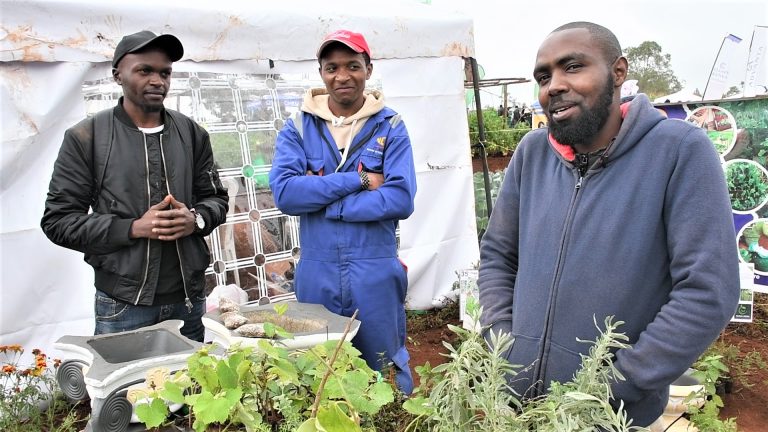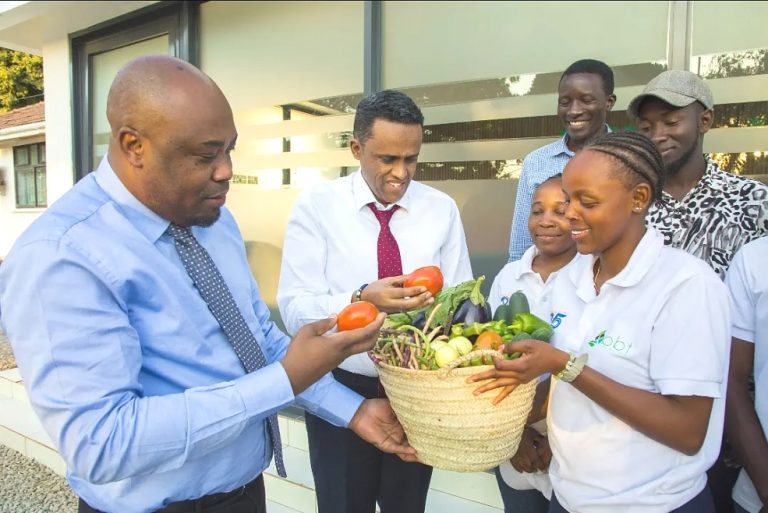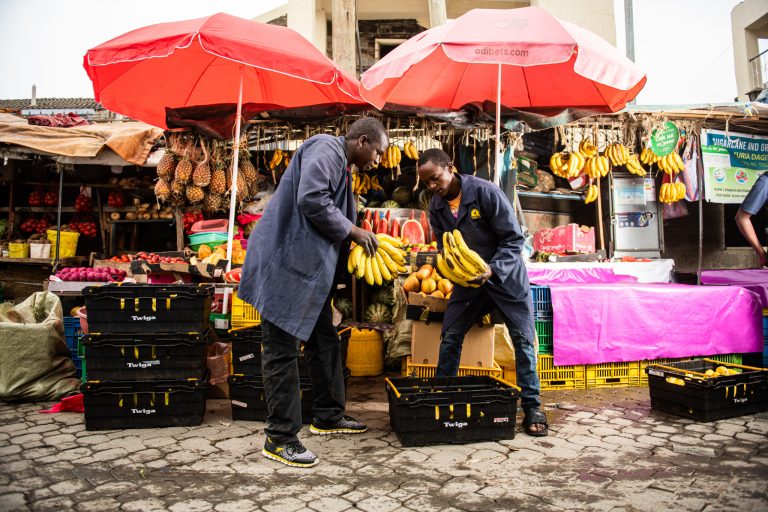By Kimuri Mwangi
Stakeholders in the agriculture sector have been urged to pursue an all-inclusive agri-financing system.
Speaking during the Financing Agri-Food Systems Sustainably Summit (FINAS) 2025 in Nairobi, the Prime Cabinet Secretary and Cabinet Secretary for Foreign and Diaspora Affairs, Dr Musalia Mudavadi, said that Africa is a custodian of deep indigenous knowledge systems like practices of seed selection, soil conservation, water harvesting, and agroecology refined over centuries by farmers and pastoralists but despite these formidable assets, the promise of African agriculture remains largely untapped due to a skewed financing system.
“A key reason is that our financing systems are still not fully aligned with this potential. Too often, capital flows bypass smallholder farmers, overlook women producers, or are structured in ways that fail to reflect the seasonality, risk profile, and diversity of the agricultural sector. Financing remains fragmented, overly collateralized, and concentrated in a few high-value chains, leaving out the backbone of our food systems,” said Mudavadi. He added that it is not a matter of how much is being pumped into financing agriculture, but how it is channelled. “What we need now is not merely more financing, but smarter, more inclusive, and context-sensitive financing. We must rethink not just the quantity of resources, but their structure, purpose, and accessibility.”
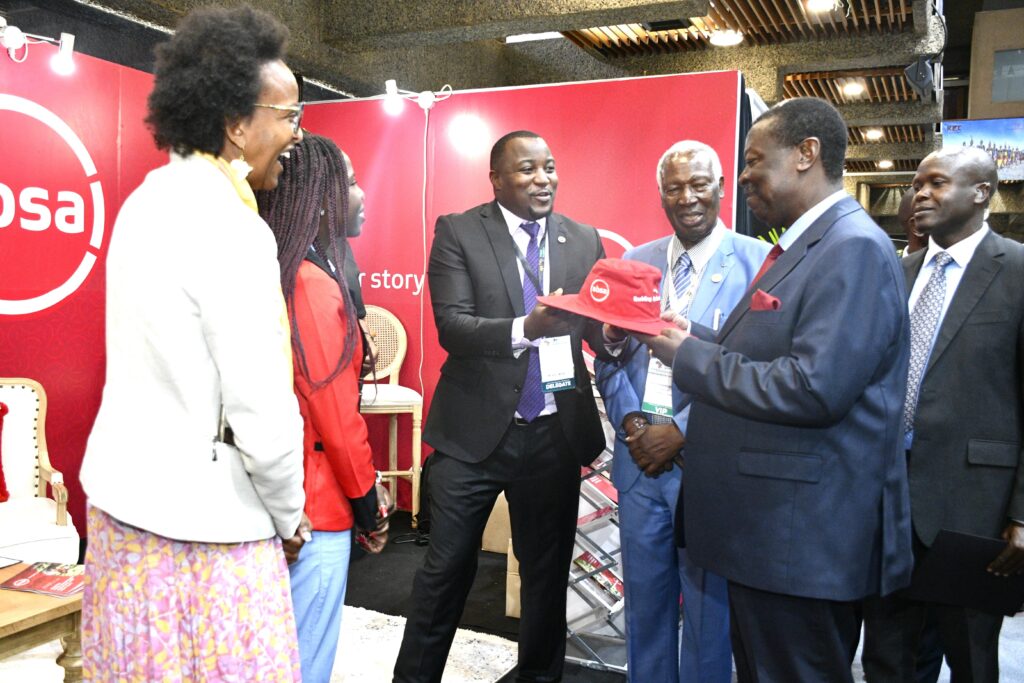
Mudavadi observed that Africa needs coordination among ministries, development partners, and private sector actors to align resources with national and regional priorities. He called on courage to test and scale unorthodox models that prioritize people over paperwork and for capital that is patient, inclusive, and committed to long-term transformation rather than short-term returns.
The government, he said, is exploring a National Agri-Investment Platform bringing together public agencies, banks, cooperatives, and agripreneurs into a shared ecosystem of data, services, and capital. The platform will serve as a one-stop shop for financing needs, linking farmers not just to credit but also to insurance, savings, and investment opportunities, powered by technology and anchored in policy.
“As we deliberate over the coming days, I urge us to challenge conventions, elevate local voices, and focus not on what is convenient but on what is catalytic. Financing Africa’s food systems is not a matter of charity; it is an investment in resilience, security, and the future of a continent poised for greatness. Kenya stands ready to work with all of you to unlock this future. Let us take ownership. Let us rethink financing, not just to feed the continent, but to fuel its transformation. And above all, let us listen to the women holding communities together and to the youth daring to innovate and to the farmers who rise each morning to feed this nation. They are not just the beneficiaries of our food system; they are its heartbeat. Let us finance Africa’s food future,” he opined
The Principal Secretary, State Department for Livestock Development in the Ministry of Agriculture and Livestock Development, Jonathan Mueke, supported an all-inclusive approach.
“Access to finance is not a stand-alone issue. Addressing the financing challenges faced by farmers requires a holistic approach that accounts for the interconnected factors. As a ministry, we recognise that access to finance is often hindered by perceived risks in the agricultural sector. Whether the risk is of climate change, volatile market prices, or poor infrastructure, these challenges create barriers for farmers in accessing affordable financial resources. To truly scale agricultural financing in Africa, we must go beyond isolated interventions and embrace an African approach. This includes removing trade barriers that restrict a free flow of agricultural goods across borders,” opined Mueke.
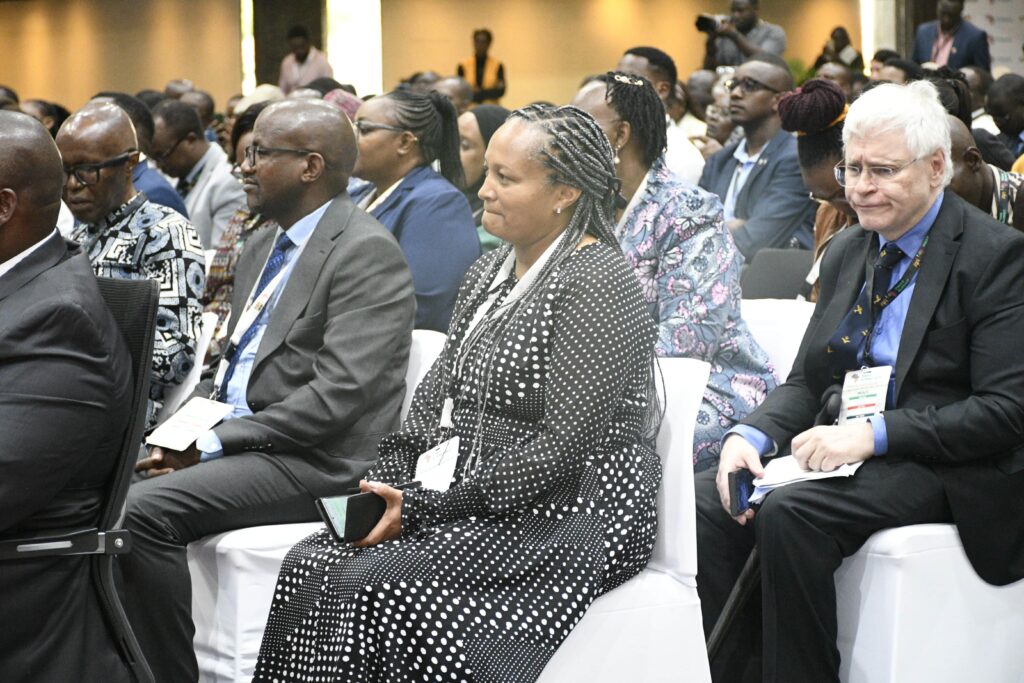
He added that many African farmers and agribusinesses face high tariffs, cumbersome regulations, and logistical bottlenecks that discourage cross-border trade and limit market access. “We must leverage the Africa Continental Free Trade Agreement, which presents a unique opportunity to create a single, liberalised market for agricultural goods, encourage investment, and stimulate innovation in value chains across the continent.”


